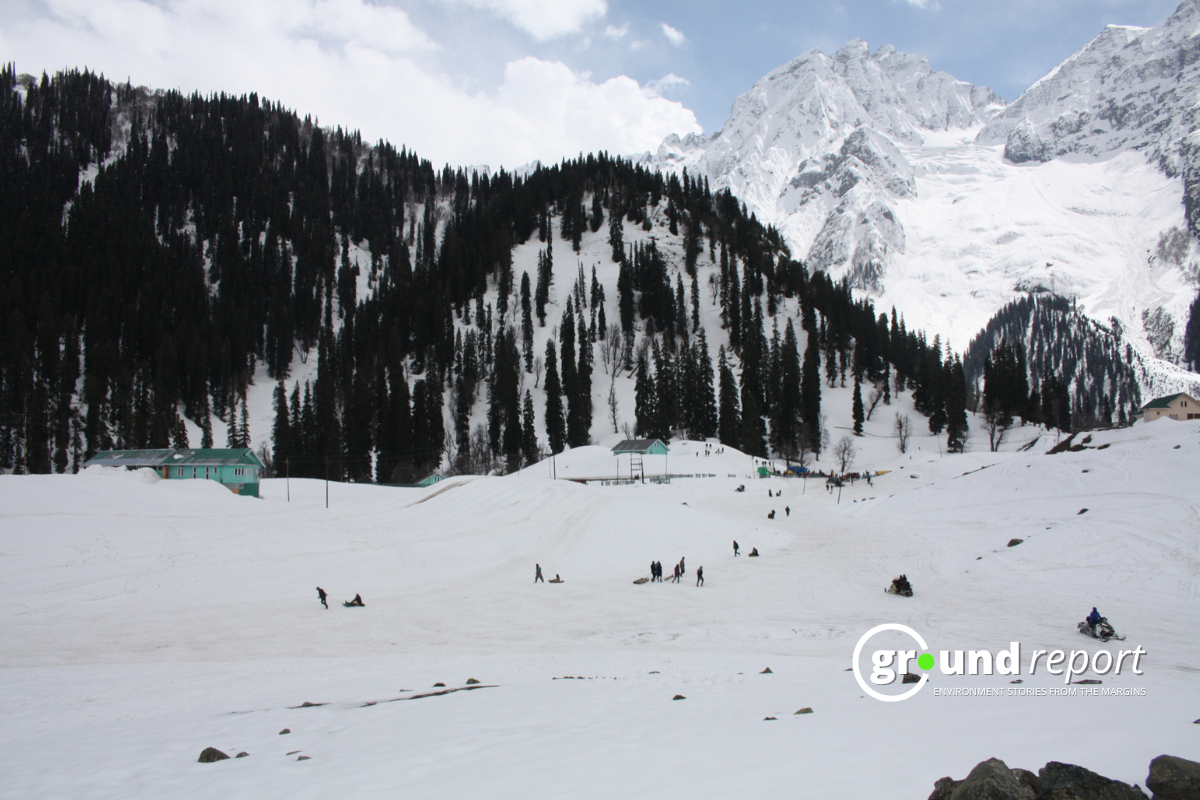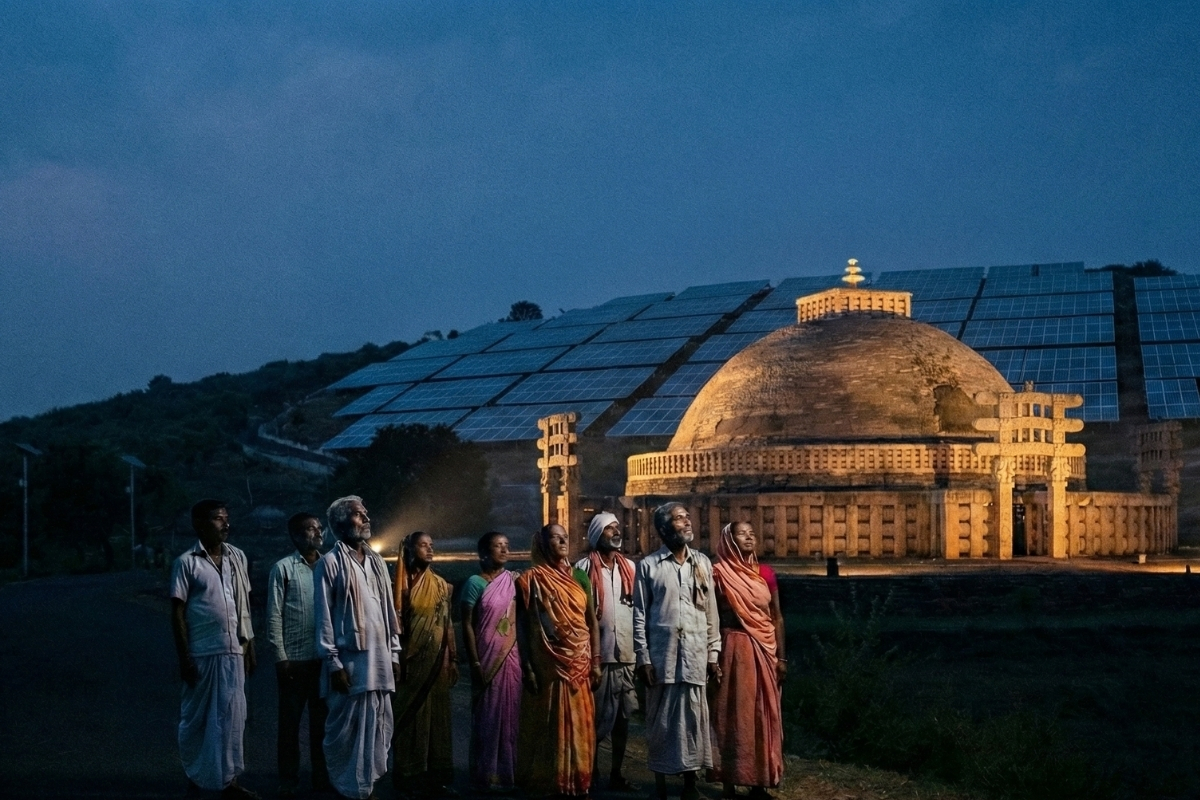A viral claim about giant spider webs blanketing crops in Himachal Pradesh has been proven false.
Viral posts showed photos of web-like structures covering fields, sparking concerns about crop damage. Officials clarified that these are anti-hail nets installed by apple farmers to protect their crops.
“The structures in the viral images are anti-hail nets, not spider webs,” said Manohar Lal Dhiman, Director of Horticulture in Himachal Pradesh. “Costing Rs. 600 to Rs. 800 each, farmers in hail-prone areas like Rohru, Narkanda, Rampur, Jubbal, Kotkhai, Theog, Kotgarh, and Chopal install them to safeguard their apple crops.”
Dhiman explained that with changing climate patterns, the demand for protective nets has increased to ensure the quality and quantity of apple produce.
The government is providing subsidies to farmers, covering nearly 5000 square feet of apple grove area per farmer, to encourage the use of anti-hail nets. This reduces the cost burden on farmers, who only have to pay around Rs. 30,000 for the nets.
Amar Singh Nalva, a local farmer, confirmed the benefits of the anti-hail nets, stating, “These nets have greatly benefited farmers by protecting against hail damage and preventing excessive growth.”
The “spider web” structures over crops in Himachal Pradesh are a preventive measure adopted by farmers to safeguard their livelihood and ensure a bountiful apple harvest, despite confusion caused by viral posts.
The claim of giant spider webs seems to refer to an incident in Gippsland, Australia, where heavy rainfall led to the formation of vast spider web blankets, gaining online attention.
Follow Ground Report for Environmental News From India. Connect with us on Facebook, Twitter, Koo App, Instagram, Whatsapp and YouTube. Write us on GReport2018@gmail.com and subscribe our free newsletter.
Don’t forget to check out our climate glossary, it helps in learning difficult environmental terms in simple language.









